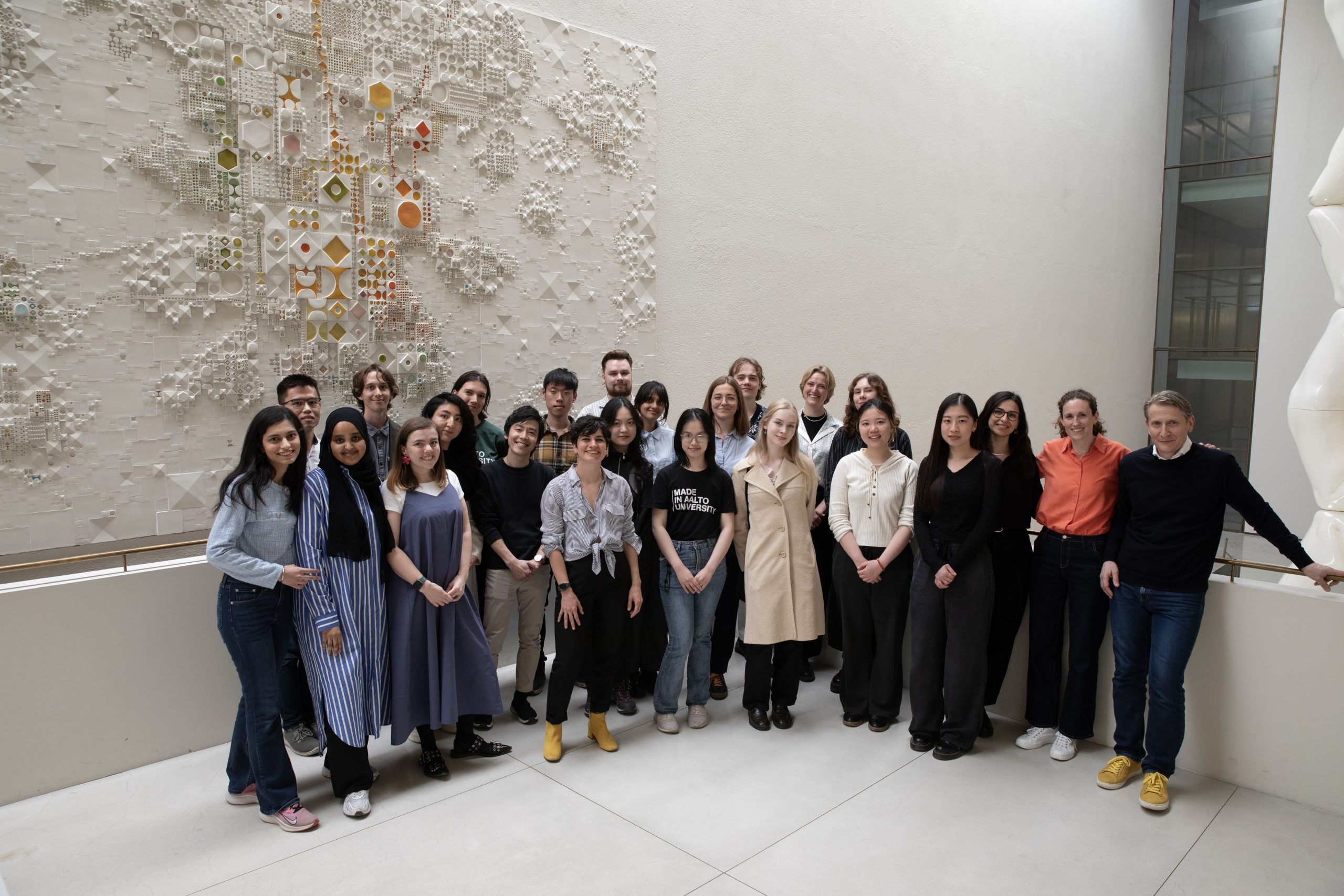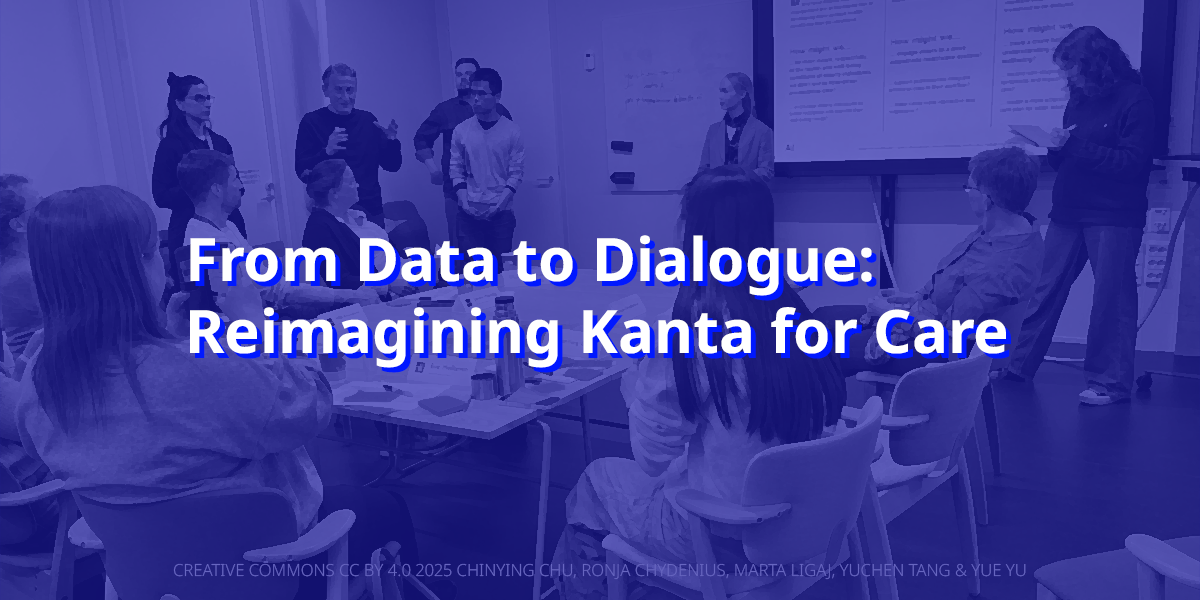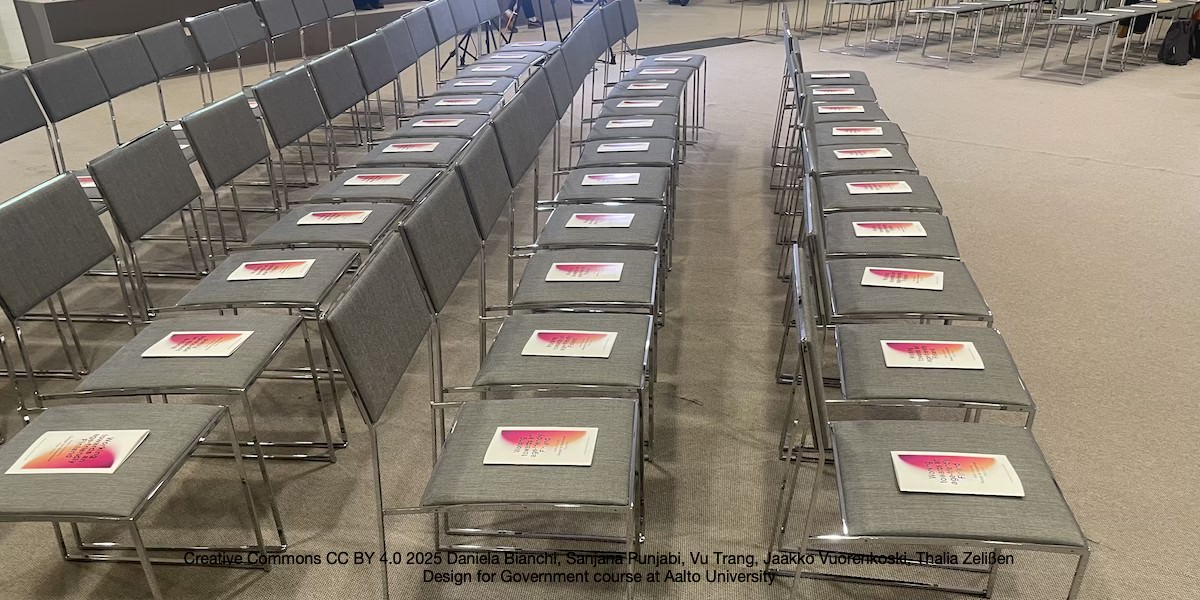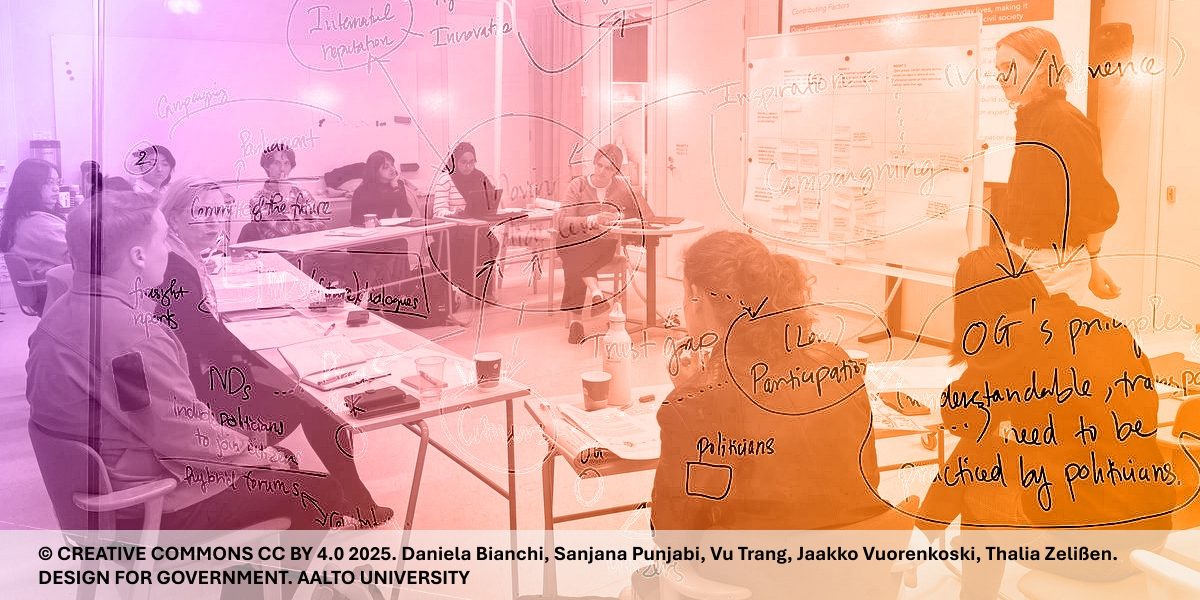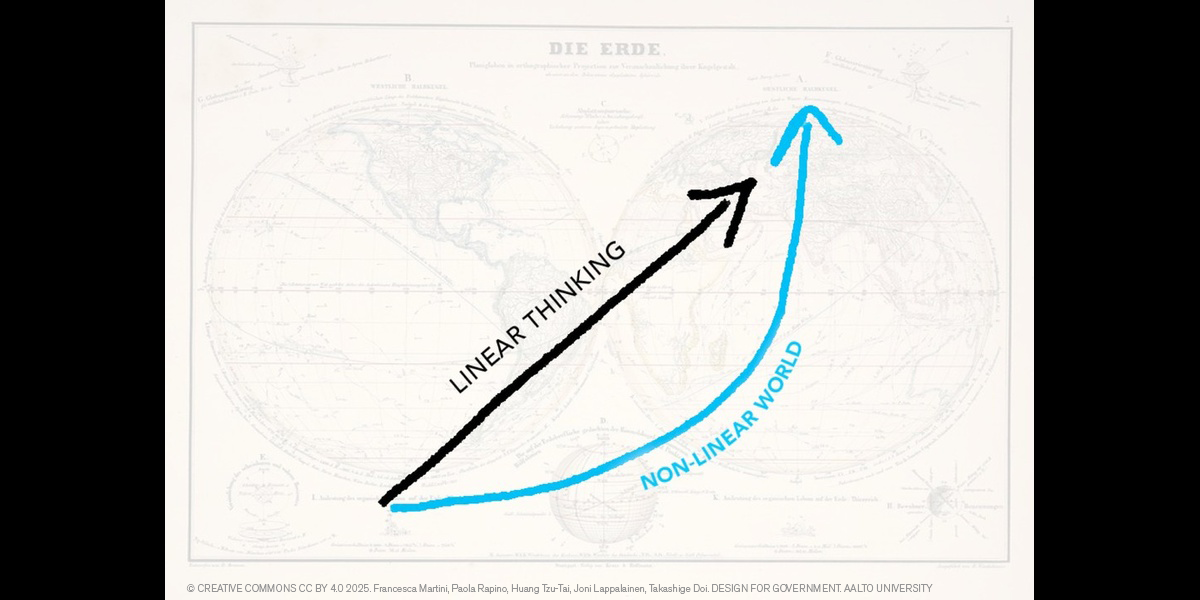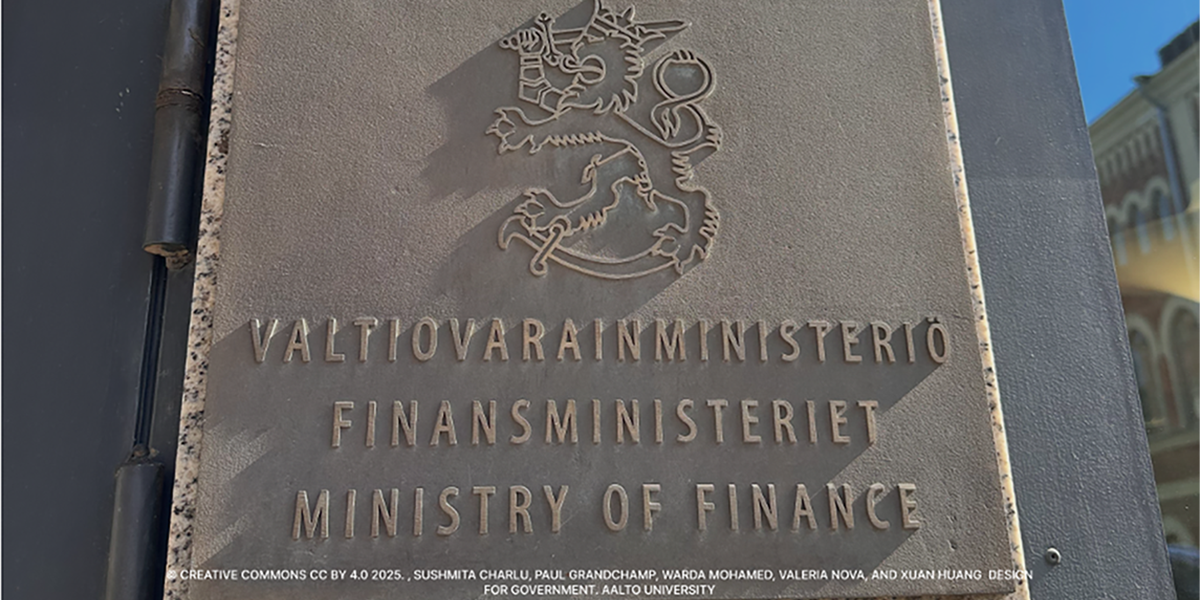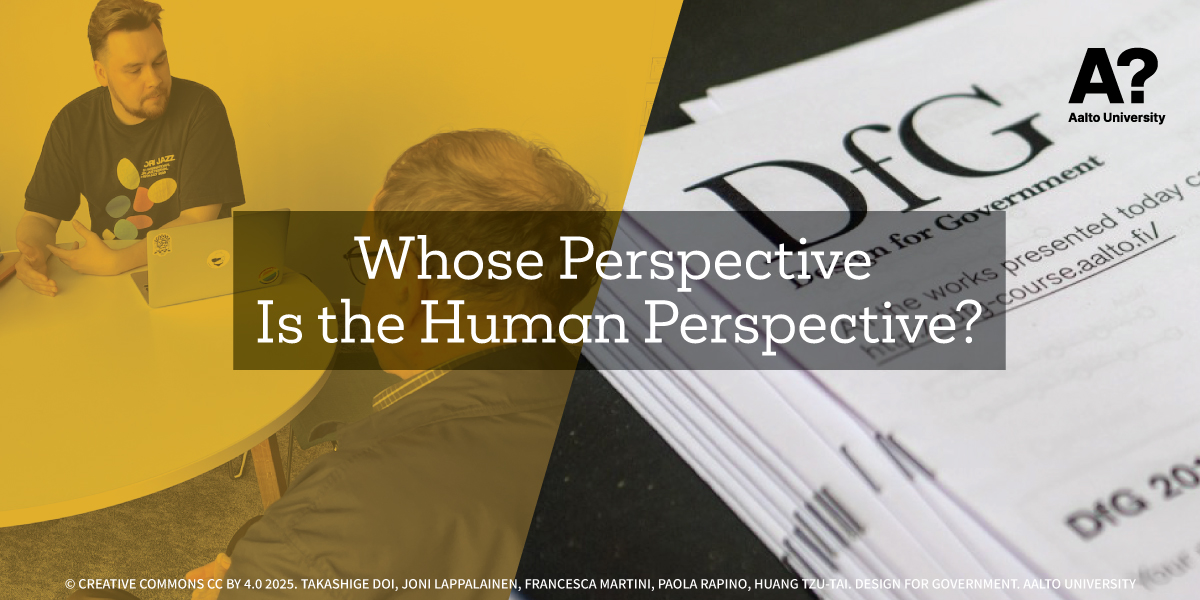Open Government
DfG25, Ministry of Finance, Governance models, Policy Project Description The Open Government Action Plan 2023–2027 is a living document that captures Finland’s commitment to transparency, participation, and inclusivity, among other values. The action plan emphasises the need for innovative responses to societal challenges, particularly including vulnerable groups, to realise these values in practice. Finland has the third … Read more

